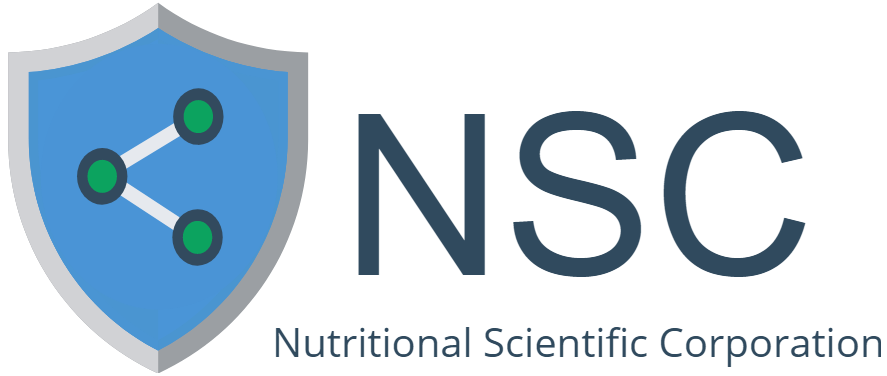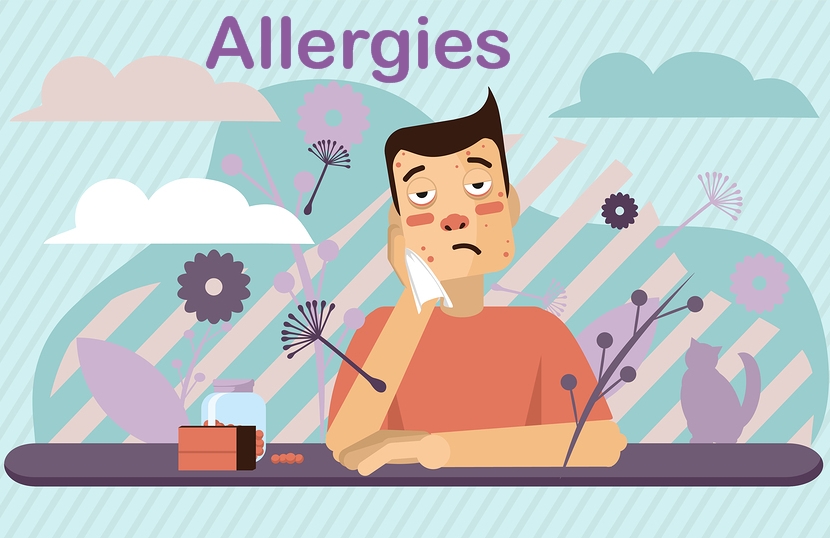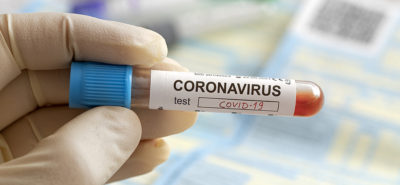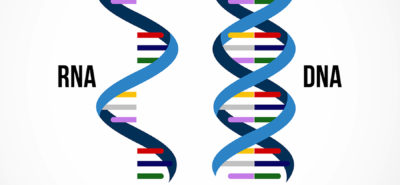Got Allergy Miseries?
Whether ragweed or some other allergen, Allergies are suffered by 40-50+ million people and most often come into our bodies by exposure of the respiratory system to dust, pollen, fungus/mold or other foreign particles resulting in sneezing, red eyes, itchy skin and other miseries that assault us seasonally or annually.
Some never have allergies to the same allergens that drive others up the wall. No, we don’t know why. Just what are allergies and why different strokes for different folks? Allergies are the result of your immune response making a mistake and attacking something actually harmless to your health. Technically, allergies are a collection of disease symptoms caused by an overaggressive immune response mistakenly identifying harmless substances in food and the environment and attacking them as if they were dangerous health invaders.
Allergies are characterized by a hyper immune response causing allergic reactions such as hay fever (allergic rhinitis), asthma and skin rashes. Most aids to allergies involve products seeking to control and reduce symptoms but do nothing to remedy the cause. What your immune cells need to address is the ability to recognize and distinguish between harmless allergens (ragweed, house dust, food, pollen, etc.) and dangerous pathogens (viruses, bacteria, parasites and fungi-mold).
Allergic rhinitis (AR), or hay fever, is an allergic challenge involving excess histamine release and characterized by IgE (immunoglobulin E)-mediated, allergic inflammation of the nasal mucosa characterized by a red and raw nose. Let’s get technical now to understand what happens in your body that contributes to allergic reactions. You have two types of Helper T immune cells – Th1 and Th2. Overproduction of Type 2-T helper cells (Th 2) promotes development of Immunoglobulin E (IgE)-mediated diseases such as allergic rhinitis or hay fever.
Overproduced Type 2 helper cells yield overproduction of Interleukin cytokines IL-4, IL-5 and IL-13 at the site of allergic inflammation. The overproduction of Th2 results in unwanted, excess histamine release, creating many of the allergy miseries including sneezing, watering eyes, itchy skin and more.,
You want to stop overproduction of Th2 T helper cells while promoting production of more Th1 helper T cells. The Th1 helper T cells nutritionally aid in the avoidance and reduction of excess histamines and erroneous allergic reactions. In other words, to help control erroneous allergic reactions there needs to be a balancing of Th1 and Th2 responses for more appropriate immune responses.
The excessive cytokine inflammatory response causing allergy miseries is aided by interferon cytokine increases which are nutritionally boosted by Beta 1,3/1,6 glucan, while eosinophils as important effector white blood cells of the inflammatory response, are beneficially decreased.
Thus, oral intake of beta-1,3/1,6-glucan nutritionally aids in producing a functional balance between T-helper (Th1) cells and T-helper (Th2) cells. This helper T-cell balancing due to beta-1/3-1/6-glucan contributes nutritionally to reduced excess inflammation and histamine release.
This normalization of the T-helper cell balance better enables the immune system to identify and destroy infectious micro-organisms without, and instead of, mobilizing an erroneous and unnecessary allergic attack involving harmless allergens in food and other sources.
As with many of us, the immune system can have impaired vision; often unable to clearly distinguish the good guys from the bad guys. As we age, this non-recognition becomes more prevalent. If the alarm is sounded to attack a good guy mistakenly identified as a bad guy, you have an allergic reaction such as runny nose, tearing eyes, irritated skin or labored breathing.
Different immune systems become suppressed or deficient due to different “good guys” for reasons not yet known and thus some people are allergic to pollen; some to strawberries and others to certain cosmetics; while their friends can stand in a ragweed fog, eating strawberries while putting on makeup with no reaction whatsoever!
The best way to conquer allergies is to never get allergies. A sound logic, but how is it possible? The key is to boost your immune response to enable better recognition of what is truly harmful versus that which is not, as these microorganisms enter your body through your skin, lungs or stomach/intestines.
Science has demonstrated MG Beta Glucan nutritionally helps normalize and potentiates your immune response to provide better recognition of what is harmful and what is not. In turn your immune cells then sound the false alarm alert to bring the fire trucks of the immune system home where there is only smoke and no fire.
MG Beta Glucan is a nutritional food (GRAS for safety) that is not a cure but a fuel that enables your immune cells to avoid and/or correct mistakes but must be replenished after 24 to 48 hours. For your immune system to respond on initial usage, allow 2 to 7 days for nutritional benefits.






